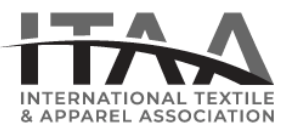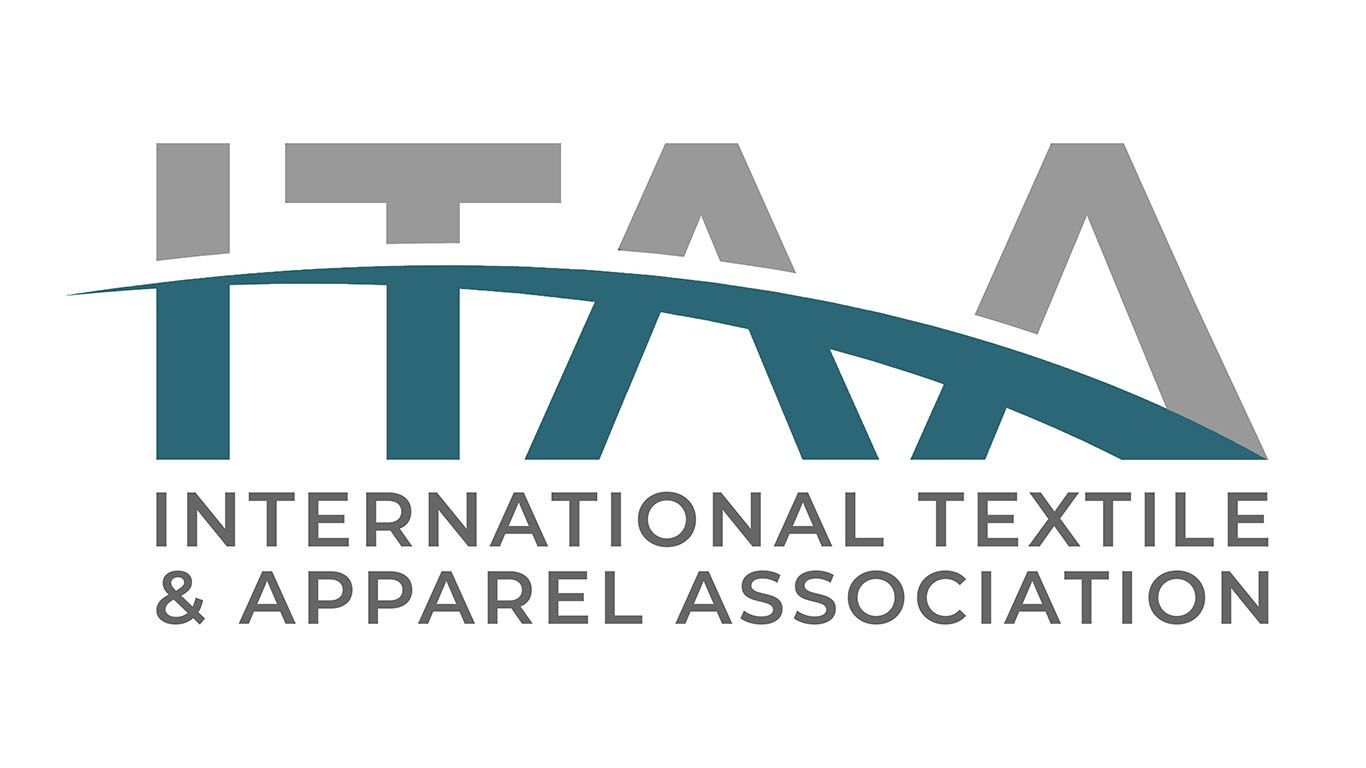ITAA META GOALS
FOUR-YEAR BACCALAUREATE PROGRAM META-GOALS APPROVED NOVEMBER 2021
META GOAL 1: College and university textile and apparel programs will provide high quality curricula that include the following CORE KNOWLEDGE CONTENT at a level appropriate to the specific program’s mission and strategic plan.
A. TEXTILE AND APPAREL PRODUCT KNOWLEDGE
- Textile materials and structures used in apparel and other soft goods.
- Socio-cultural, psychological, economic, political, and technological factors in the development of textile and apparel products through history and across cultures.
- Significance of textile and apparel products in the global consumer market.
- Categories and functions of apparel and other soft goods.
- Product quality, performance, technical specifications, and regulatory compliance standards.
- Elements and principles of design as applied to textile and apparel products, merchandising and marketing of those products.
- Product development process and innovation in textile and apparel products.
- Forecasting product trends and innovations.
- Sustainability of textile and apparel products from concept to end-of-life.
B. INDUSTRY AND BUSINESS KNOWLEDGE
- Roles, functions, and interdependence of various sectors within the global textile and apparel complex.
- Textile and apparel production processes.
- Retail structure and operations, product merchandising, and retail management.
- Market, brand, trade and economic concepts impacting global business decisions and profitability.
- Historical, cultural, social, technological, and political factors impacting textile and apparel business and industry.
- Sustainability in textile and apparel business and industry practices.
C. HUMAN INTERACTIONS WITH PRODUCTS AND PROCESSES
- Role of dress and appearance in reflecting and shaping intra- and inter-cultural interactions.
- Historical, socio-cultural and/or psychological factors influencing dress and human behavior.
- Consumer textile and apparel needs, wants, and consumption as influenced by life stages, social factors, and culture.
- Role of the consumer in fashion adoption and diffusion.
- Role of design in quality of life and human well-being.
- Human interactions in leadership, management and marketing.
META GOAL 2:
College and university textile and apparel programs will provide high quality curricula that include the following CURRICULAR ELEMENTS.
A. ADVANCED KNOWLEDGE CONTENT
specific to the program emphasis such as: apparel design, product development, historic textiles/dress, merchandising, retailing, or textile science (this is not intended to be an exhaustive list).
B. RESEARCH
- Research principles/methods appropriate to the program.
- Theoretical perspectives
C. FIELD EXPERIENCES
or
OTHER PRACTICAL APPLICATION
META GOAL 3: College and University textile and apparel programs will provide high quality curricula that include the following PROFESSIONAL COMPETENCIES.
A. COGNITIVE SKILLS
- Critical analysis and creative thinking to find solutions to problems and develop innovative products, services, or processes.
- Use of appropriate terminology, tools and technology to address current and future issues within the global textile and apparel complex.
B. INTERPERSONAL SKILLS
- Communicate ideas in written, oral, and visual forms using appropriate tools and terminology.
- Collaboration, team participation, and leadership.
- Global awareness and cross-cultural competence.
- Professional behavior that demonstrates commitment to justice, equity, diversity and inclusion.
C. INTRA-PERSONAL SKILLS
- Ethical behavior and decision making.
- Socially responsible behavior and decision making.
D. PROFESSIONAL SKILLS
- Career planning concepts and job search strategies.
- Critique ideas constructively.

